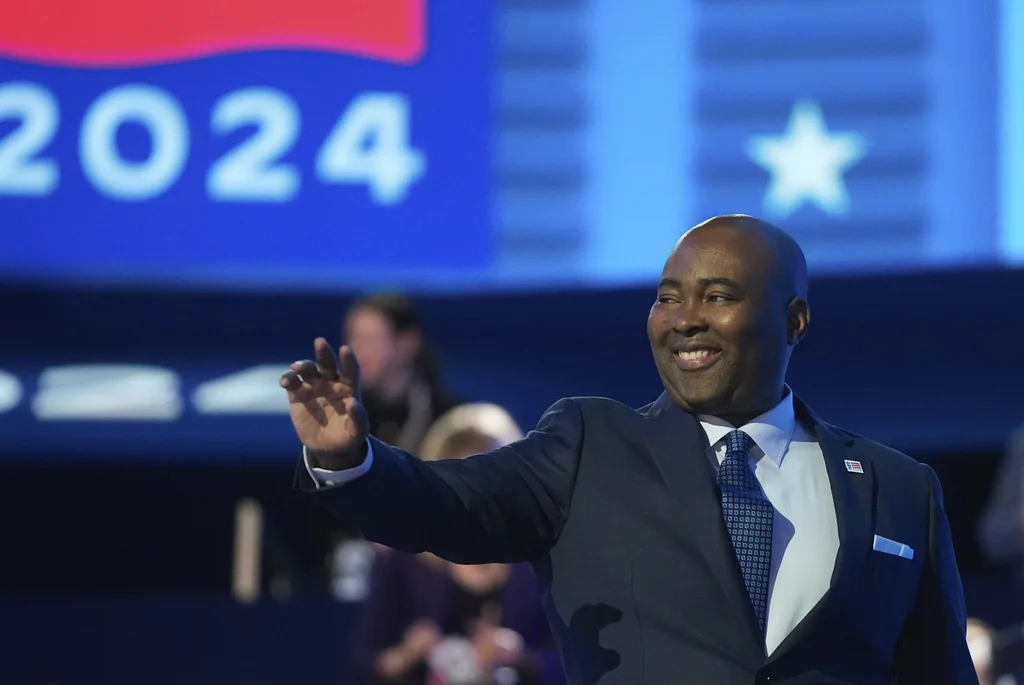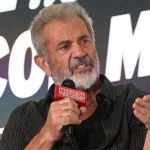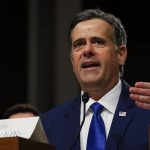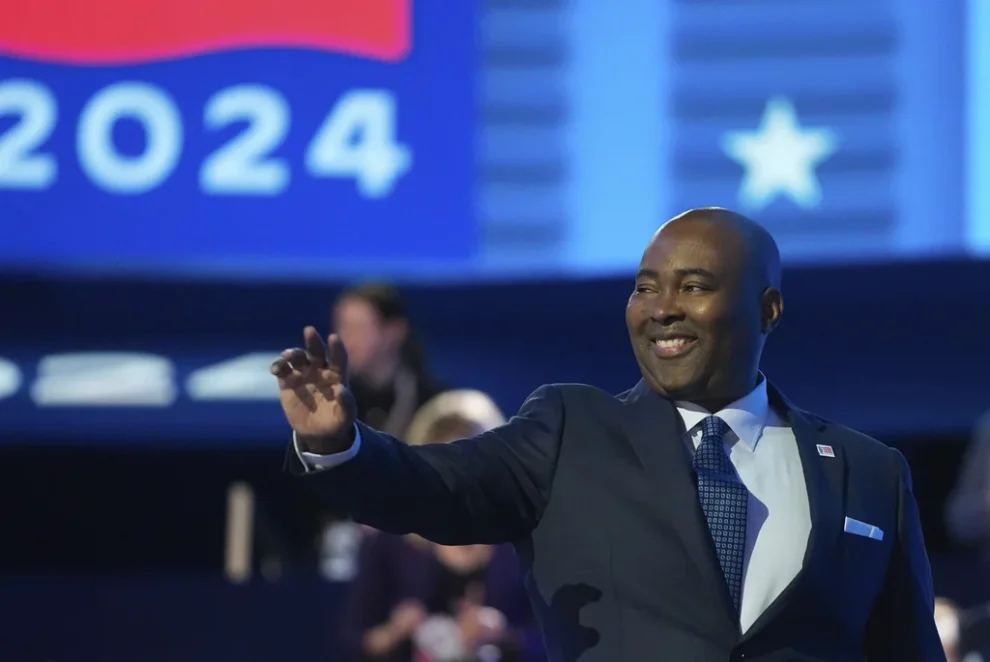Former Democratic National Committee Chairman Jaime Harrison on Thursday became the latest Democrat to launch a podcast as part of a broader strategy to help his party reconnect with voters and rebound from brutal electoral casualties last fall.
Harrison entered the limelight as DNC chairman before stepping aside after overseeing sweeping losses for Democrats during the 2024 election.
This week, he pivoted from national politics to the alternative media arena as the host of the At Our Table podcast, which already has a lineup of prominent guests, including Govs. Tim Walz (D-MN) and Wes Moore (D-MD), Rep. Jim Clyburn (D-SC), and former first son Hunter Biden.
It’s a move that mimics President Donald Trump’s embracing of podcasts and other forms of emerging powerful alternatives to the traditional legacy media landscape during last year’s election. It was a pivotal piece of voter outreach and a gamble that paid dividends for Republicans, who secured historic wins in the White House and both chambers of Congress.
“As we saw from the 2024 elections, more and more people are getting their news from social media channels,” Harrison told Semafor. “This was something I knew that we needed.”
His words come after former Vice President Kamala Harris’s loss to Trump last November was partly blamed on her lack of media engagement, particularly on popular alternative platforms, such as Joe Rogan’s podcast, which are frequented by millions of voters and proved valuable in helping Trump swing the youth vote and secure reelection.
Harrison has outlined two overarching goals for entering the podcast world, which is now a crowded market even among political figures. One is to promote Democratic power players, who are under increasing attack from various factions of the party, in a positive, unifying manner.
There needs to be more voices in new media spaces “anchored in the Democratic Party because some of the podcasts that are out there are more often criticizing the Democratic Party instead of really promoting the assets and the leaders we have,” Harrison told NBC.
The second goal is to allow for a more nuanced view of political figures in a relaxed, expansive environment. He hopes that allowing voters to see the human side of, at times, controversial Democratic leaders will foster emotional connection and help revitalize a party struggling to find its footing.
“There’s this hypersensitivity not to mess up in the Democratic Party,” Harrison worried. “I saw this at the DNC sometimes. I had the pushback even sometimes with my own comms people, sometimes even with the comms folks over at the [Biden] White House.”
“There might be a gaffe once or twice. Hell, Donald Trump gaffes every time he opens his mouth, but he keeps going. It shows that he’s real,” Harrison, who led the committee during the Biden years, added. “But we Democrats put ourselves in straitjackets, and we sanitize every damn thing that comes out of our mouths. So what does come out comes out without any soul. Republicans understand the power of emotion. It could be fear or it could be joy, but it’s emotion, and they use it.”
Harrison expressed “frustration” with the Harris campaign’s media strategy, which was often viewed as stilted and inauthentic. He suggested that the Democratic Party erred last year in becoming reliant on “talking points that aren’t grounded in any emotion,” a strategy that can lead to voters feeling disconnected from them.
“We are so scared of our shadows sometimes in our party that we lose that, we get into our own heads, we get so academic and cerebral,” he told NBC, arguing that Democrats should strive to level with voters and be “real.”
Harrison is following in the footsteps of a slew of other high-profile Democratic figures who have similarly launched podcasts or similar ventures to woo voters back to their party. Govs. Gavin Newsom (D-CA), Andy Beshear (D-KY), and Gretchen Whitmer (D-MI), all viewed as likely future presidential contenders, have all spearheaded podcasts as Democrats look to make a comeback in the 2026 midterm elections and 2028 elections.
And the data show that voters are listening to them more than legacy media outlets.

THE PSYCHOLOGY BEHIND WHY TRUMP’S PODCAST OUTREACH WORKED
The media analytics firm ratings for the major cable networks’ news broadcasts in September revealed Fox News received an average of 2.5 million viewers for its prime-time news broadcast, MSNBC 1.4 million, and CNN 853,000.
Meanwhile, Trump’s hourslong interview on The Joe Rogan Experience stacked up more views than all the prime-time news broadcasts for all the major cable and network TV stations combined.
























